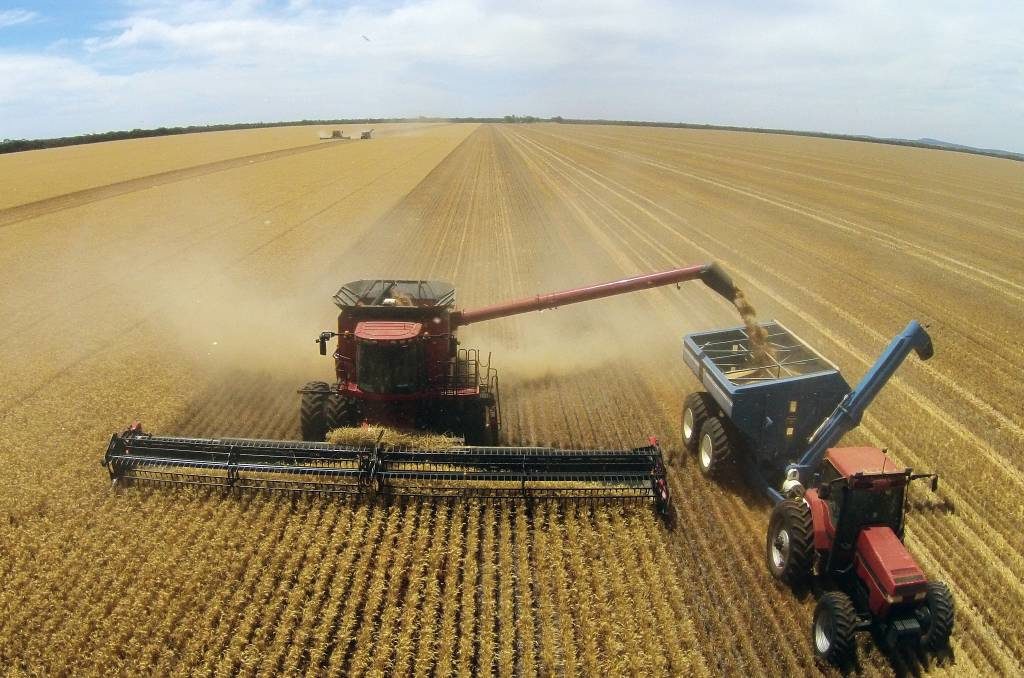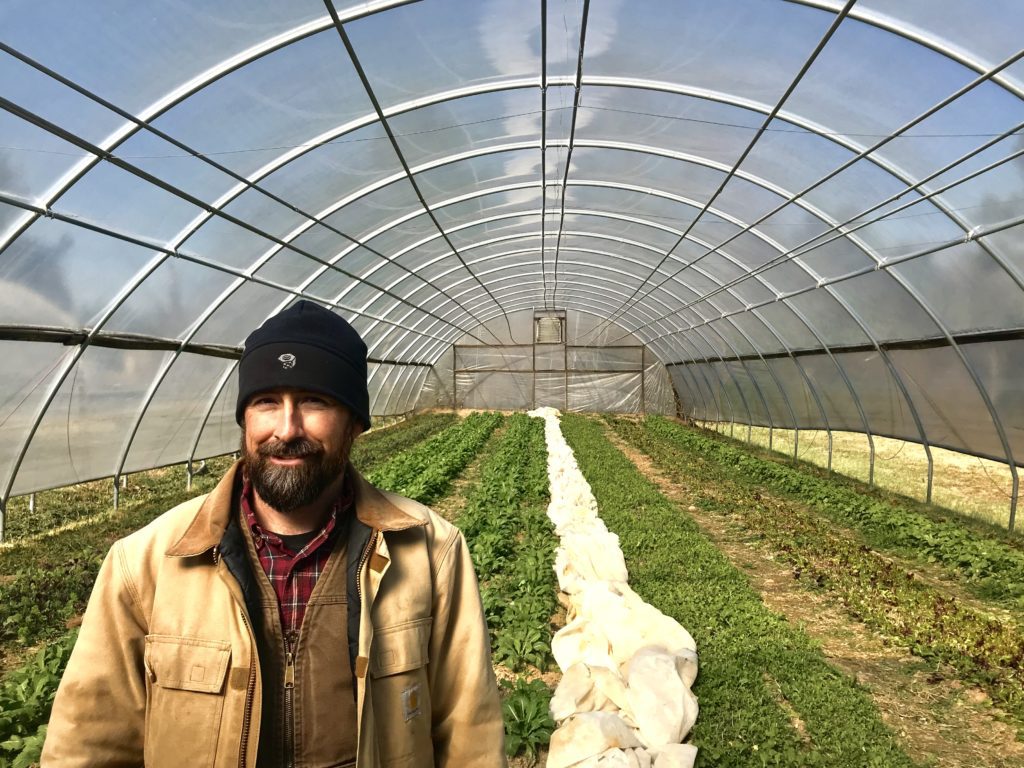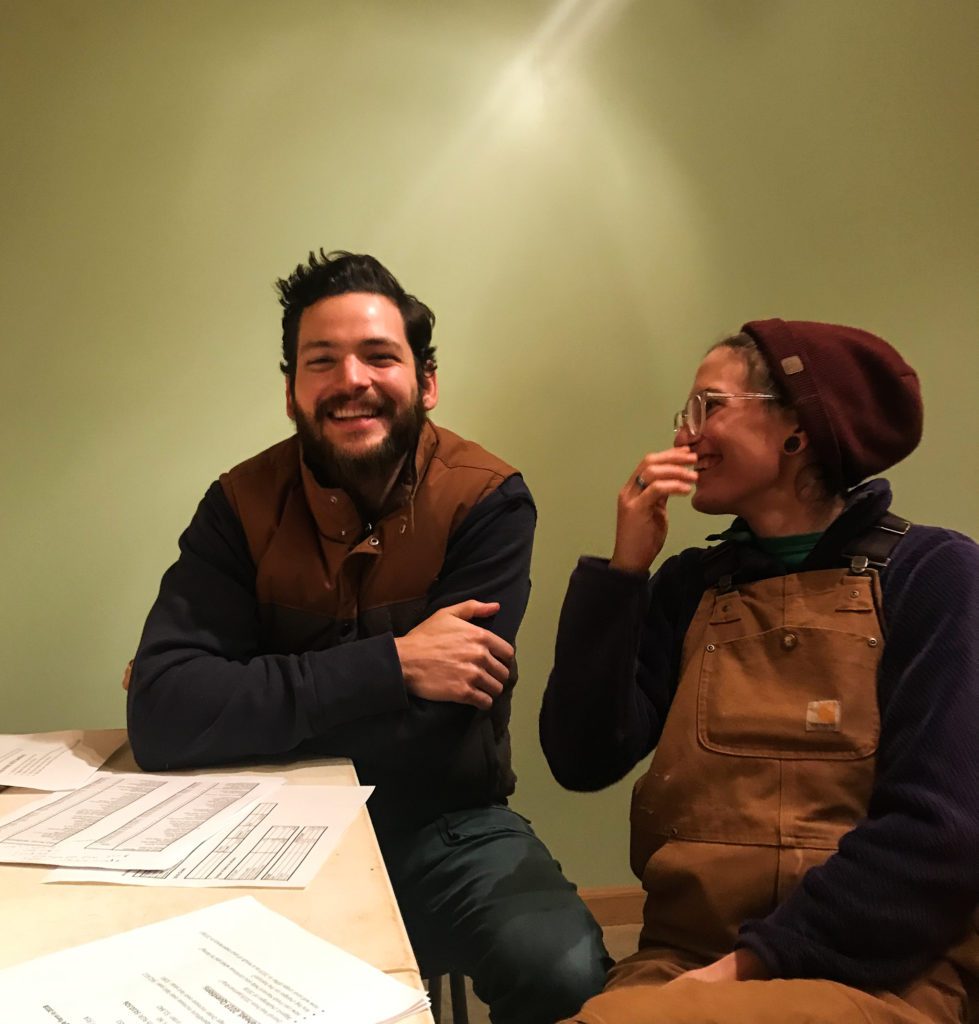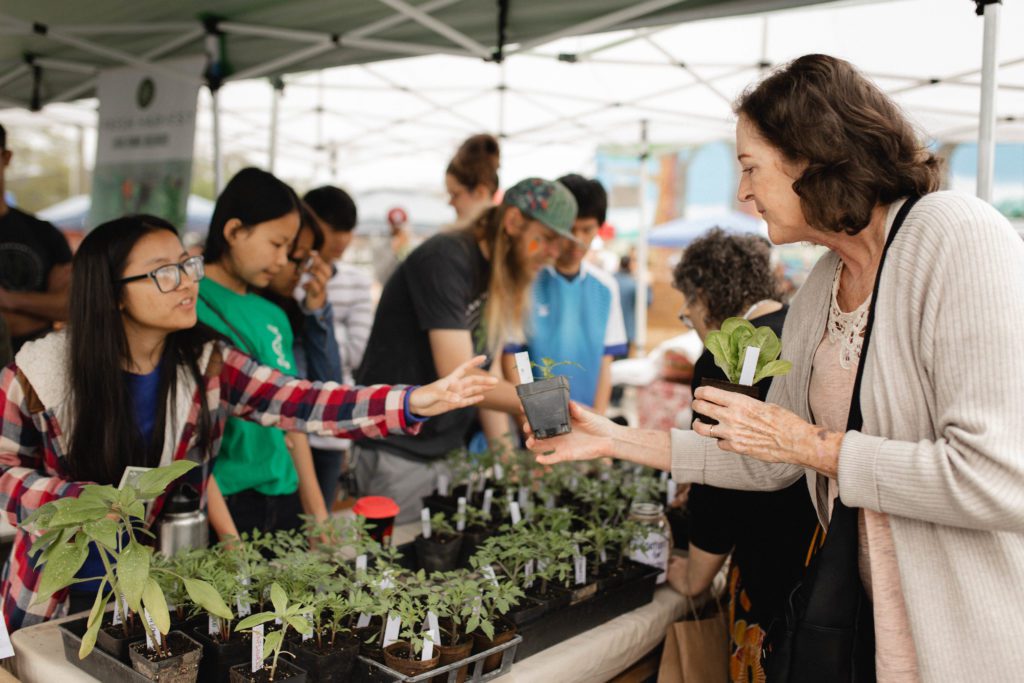The Food Waste Problem in America
“For an American family of four, the average value of discarded produce is nearly $1,600 annually.” Not only is this statistic mind-blowing, but it’s only a fraction of the food waste in America. A study conducted by the Boston Consulting Group addresses the 1.6 Billion-Ton Food Loss and Waste Crisis, claiming that by boosting supply chain efficiency, the Food and Beverage industry stands to reduce the value of food waste by $120 billion annually. They also believe that improving supply chain infrastructure will save another $170 billion. In order to fully understand this, we first have to understand the system being discussed. The food industry that’s being referenced is a disparate and disconnected system. Most often it is described as being made up of five distinct parts: production (growers), handling & storage, processing & packaging, distribution & retail, and consumption.

Most of the time, each of these stages is geographically far apart from the next. In a tour of Atlanta’s big box grocery stores earlier this year, the produce we compared originated an average of 1363 miles away from the store in which it was being sold. Not only is each part of the supply chain geographically distant from the other, but relationally disconnected as well. The model isn’t designed so that the consumer would ever meet the person that grows the sweet potatoes he eats every day. Never would the farmer get a thank you note from the folks she’s feeding, or receive feedback on what items her consumers would like to see next year.
If you’re reading this, you probably already have some inkling that there’s a better way. And we think so too. The local food movement is about as far from what I just described as possible. With connection being at the heart of supporting all things local, consumers can shake the hands of the farmers that feed them. They can get advice from farmers on how to cook new items. They can tell farmers what they like and what they don’t. To support such a connected model, we are bought into the idea that a simple supply chain designed around humans will inherently reduce opportunities for food waste. Our approach to improving the food system has been to effectively reduce the supply chain to three steps: Production (Farmers) > Distribution (Fresh Harvest) > Consumption (you). Because I’m a process person through and through, I wanted to explain how you’re contributing to eliminating food waste at each step of our supply chain.
Georgia’s Organic Farmers Reducing Food Waste
When food is being harvested across the country (or world) from where its consumed, there is a significant need for storage solutions that will preserve food for thousands of miles and several weeks. By contrast, we recently asked Mitch from Rise ‘N Shine where he stores his veggies. He cheekily replied, “In the ground”.

Because we place orders for exactly what we need, Mitch and other farmers will harvest exactly what they’ll sell and deliver it the next day, thereby eliminating an expensive and wasteful part of the supply chain. Beyond weekly planning, we meet with farmers at least once a year to plan their entire year of production based on our past purchases, customer feedback, and plans for growth. So farmers can plan out months in advance how much of which crops to grow and when they’d like to harvest them, thereby connecting supply and demand in a very tangible way.
Reduced Food Waste in Distribution
For those of you who frequent farmers’ markets, the distribution channel is an added step. But it’s worth the added step. Because we deliver to thousands of customers in Atlanta every week, farmers get to “sell” one or two days’ worth of markets to us in as long as it takes to unload their truck in our warehouse. In addition, one of our favorite parts of working with our farmers is the process of crop planning. At the end of each year, we ask our customers for feedback on what they thought of the years’ vegetables – what they want more or less of.

Not only does this provide substantial benefit to both the farmer and the consumer, but this crop planning approach also means we plan the year to have minimal food waste. Our coolers are empty at the end of a delivery week. Once it’s in your fridge, we’re talking with our farmers about what to harvest for next week. Lastly, for items that don’t make the quality cut, we donate what can still be eaten and compost what has completely spoiled. This means next to no produce that passes through our hands ever ends up in a landfill.
Atlanta Customers committed to Zero Waste
We know that getting accustomed to planning ahead for veggies can be complicated, and many customers say they have to learn how to use their baskets so that they don’t waste their beautiful produce. But our customers… let me just brag for a moment. It is so inspiring to learn all the various ways our customers plan around their crazy lives so that they use all their produce, reducing their own food waste. Using food before it spoils in the home is a major way to reduce waste. And to be clear – this a skill learned with time that doesn’t happen overnight! Wherever you are on your journey, every little bit helps! The other place our customers divert food from a landfill is through composting. Many of you compost your own veggie scraps at your home. And still more (roughly 273 of you) compost through CompostNow in Atlanta.

CompostNow is a service that picks up food scraps from homes and returns compost to the customer, who can either choose to use it or donate it. Hundreds of people have chosen to send their unwanted compost to our garden through CompostNow. Leftover scraps, many of which originated with our farmers, travel to our amazing customers and end up in the garden which will grow more food for our customers or refugee families in Clarkston.
Better is Possible
Earth Day 2020 is coming on April 22nd, and we’re celebrating! We’re inviting our customers and friends to plan ahead and make a commitment or two. Whether you make a plan to reduce produce waste in your kitchen through meal prepping, or are inspired to start your own composting project, Earth Day provides a great opportunity to challenge the status quo and echo our friends from Plywood People that “Better is Possible”.

When we connect the eater and the grower, we can better match supply and demand, we shorten the path from farm to table (which in and of itself reduces waste), and we allow for other outlets like donating and composting. We are so proud to offer a supply chain that changes a long and disparate line with tons of waste into a full-cycle connected loop that virtually eliminates landfill contributions.
We couldn’t contribute to eliminating food waste without our amazing farmers and we definitely couldn’t without our amazing customers. Thank you for your commitment to Better. The local food movement progresses when we work together.
